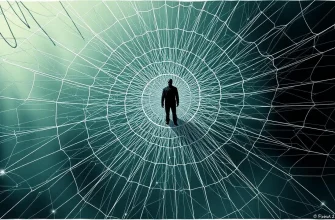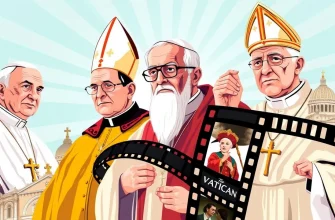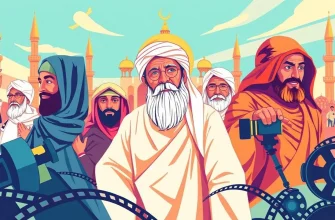Delving into the psyche of religious fanatics can be both enlightening and unsettling. These biographical films offer a window into the lives of individuals whose faith has driven them to extreme actions, providing a nuanced look at the intersection of belief, power, and human nature. Whether you're fascinated by history, psychology, or simply love a gripping story, this collection promises to engage and provoke thought.

The Last Temptation of Christ (1988)
Description: Martin Scorsese's film delves into the internal struggles of Jesus Christ, portraying him as a man torn between his divine mission and human desires, highlighting the fanaticism of his followers and detractors.
Fact: The film was highly controversial, leading to protests and even a bomb threat at a cinema in Paris. It was banned in several countries due to its depiction of Jesus.
 Watch Now
Watch Now
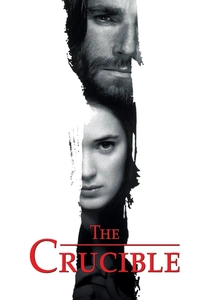
The Crucible (1996)
Description: While set during the Salem witch trials, this film explores themes of religious hysteria, false accusations, and the power of religious leaders to incite fear and control through their fanaticism.
Fact: Arthur Miller wrote the play on which the film is based as an allegory for McCarthyism. Daniel Day-Lewis and Winona Ryder both received critical acclaim for their performances.
 Watch Now
Watch Now
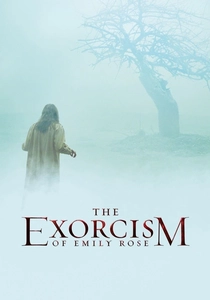
The Exorcism of Emily Rose (2005)
Description: Based on the true story of Anneliese Michel, this film examines the legal and moral implications of an exorcism gone wrong, highlighting the clash between religious belief and scientific skepticism.
Fact: The film uses actual audio recordings from the real exorcism sessions in some scenes. The actress, Jennifer Carpenter, lost 25 pounds to portray Emily's emaciated state.
 Watch Now
Watch Now
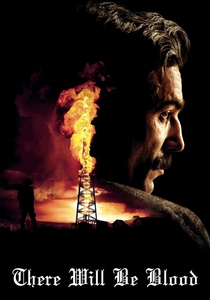
There Will Be Blood (2007)
Description: While not strictly about religious fanaticism, this film features a preacher, Eli Sunday, whose religious fervor is used as a tool for power and manipulation, making it a fascinating study of religious zealotry in the context of early 20th-century America.
Fact: The film's title is taken from a line in the book "Oil!" by Upton Sinclair, which inspired the story. Daniel Day-Lewis prepared for his role by studying the mannerisms of oil tycoons.
 Watch Now
Watch Now
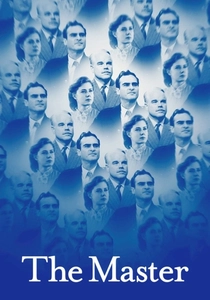
The Master (2012)
Description: This film explores the complex relationship between a World War II veteran and a charismatic leader of a new religious movement, loosely based on L. Ron Hubbard and Scientology. It delves into themes of control, faith, and the search for meaning.
Fact: The film was inspired by the life of L. Ron Hubbard, but the director, Paul Thomas Anderson, insists it's not a direct biography. Joaquin Phoenix improvised much of his character's dialogue.
 Watch Now
Watch Now
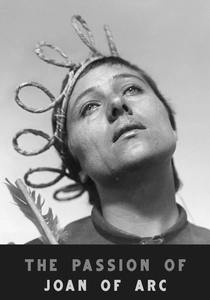
The Passion of Joan of Arc (1928)
Description: This silent film focuses on the trial of Joan of Arc, capturing the religious fervor and the tragic fate of a young woman whose faith led her to lead an army and ultimately to her execution.
Fact: The film was thought to be lost until a complete print was discovered in a Norwegian mental institution in
 30 Days Free
30 Days Free
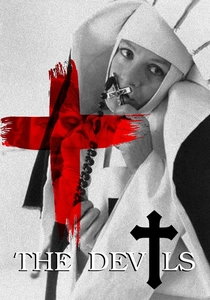
The Devils (1971)
Description: This controversial film by Ken Russell portrays the life of Urbain Grandier, a priest accused of witchcraft and demonic possession in 17th-century France, showcasing the hysteria and fanaticism of the time.
Fact: The film was heavily censored upon release, with many scenes cut or altered due to its explicit content. Oliver Reed's performance as Grandier is often cited as one of his best.
 30 Days Free
30 Days Free
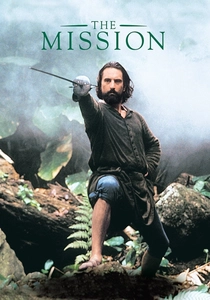
The Mission (1986)
Description: This film tells the story of Jesuit missionaries in 18th-century South America, showcasing the clash between religious zeal, colonial exploitation, and indigenous rights, with a focus on the fanaticism of the missionaries.
Fact: The film was shot on location in Colombia and Brazil, with the Iguazu Falls providing a stunning backdrop. Ennio Morricone's score won the BAFTA for Best Film Music.
 30 Days Free
30 Days Free
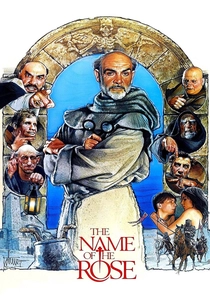
The Name of the Rose (1986)
Description: Set in a 14th-century Italian monastery, this film explores the clash between reason and religious dogma, with a monk's investigation into mysterious deaths revealing the fanaticism and corruption within the church.
Fact: Sean Connery learned Latin for his role as William of Baskerville. The film's plot is inspired by Umberto Eco's novel of the same name.
 30 Days Free
30 Days Free
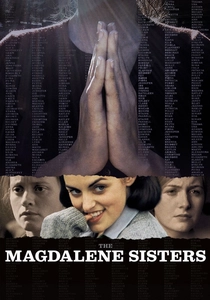
The Magdalene Sisters (2002)
Description: This film sheds light on the Magdalene Asylums in Ireland, where women were sent for supposed moral failings, often under the guise of religious piety and fanaticism, leading to severe mistreatment.
Fact: The film was inspired by real-life accounts, and its release helped bring attention to the abuses within these institutions. It won the Golden Lion at the Venice Film Festival.
 30 Days Free
30 Days Free


